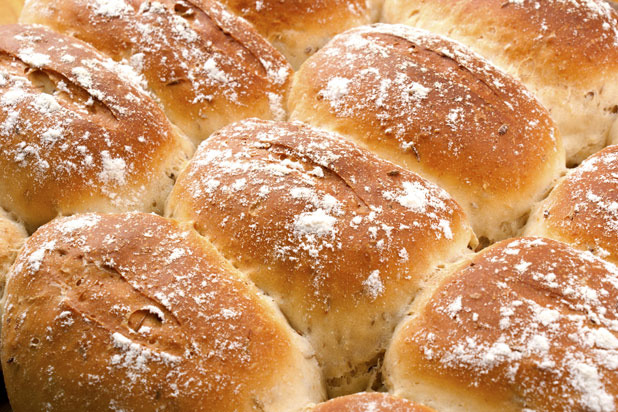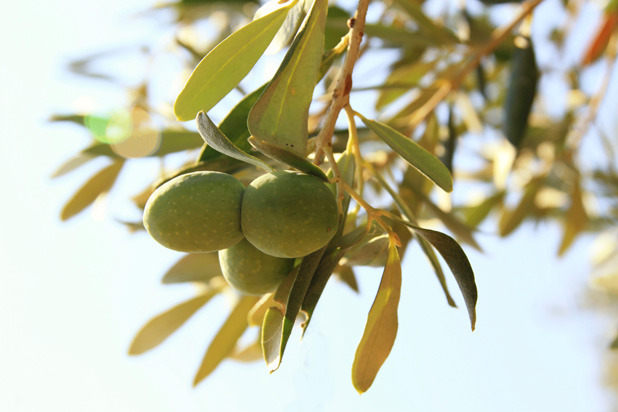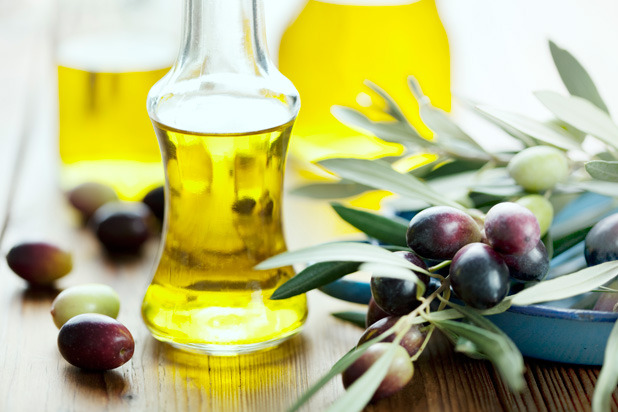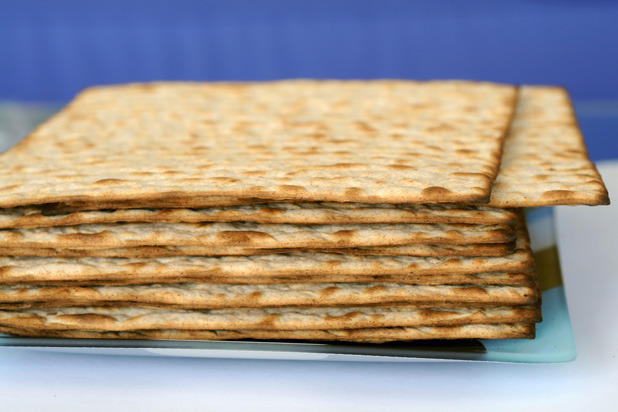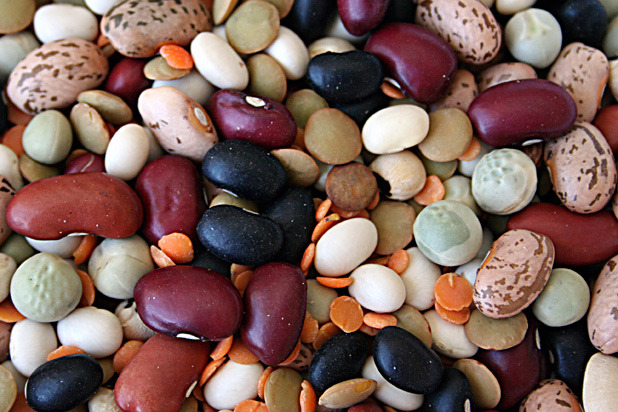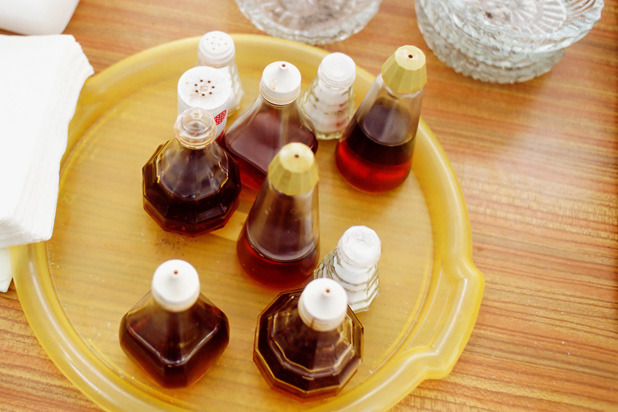The Bible Diet (Slideshow)
Milk and honey are symbolic of Israel, viewed as a rich and promising country — the Promised Land. According to Chabad.org, an abundance of milk in livestock signifies that the pasture is fertile, as are fruit trees when there is an abundance of honey.
Exodus 3:8 states, "So I have come down to rescue them from the hand of the Egyptians and to bring them up out of that land into a good and spacious land, a land flowing with milk and honey — the home of the Canaanites, Hittites, Amorites, Perizzites, Hivites and Jebusites."
Manna
Exodus 16:31-32 states, "The people of Israel called the bread manna. It was white like coriander seed and tasted like wafers made with honey."
We know that manna is a bread-like substance that the Israelites ate while traveling through the dessert, but it is unclear where it came from. There has been speculation that it's supernatural because it sprouted seeminglyout of nowhere. According to Deoxy, manna could have been a hallucinogenic mushroom. We do not know for sure.
Olives
Olives are one of the first foods mentioned in the Bible, at one of the most important moments, no less. Genesis 8:10-11 states, "He waited seven more days and again sent out the dove from the ark. When the dove returned to him in the evening, there in its beak was a freshly plucked olive leaf! Then Noah knew that the water had receded from the earth."
According to the International Standard Bible, olive trees may symbolize settlement and peace because it is a slow-growing tree. These trees are also indigenous to Palestine and the Middle East.
Olive Oil
In the Bible, olive oil is used to keep lamps burning and to make bread. For example, In Exodus 27:20, the Lord said to Aaron, "Command the Israelites to bring you clear oil of pressed olives for the light so that the lamps may be kept burning."
Unleavened Bread (Matzo)
In Exodus 12:17, the Lord said to Moses and Aaron in Egypt, "Celebrate the Festival of Unleavened Bread, because it was on this very day that I brought your divisions out of Egypt. Celebrate this day as a lasting ordinance for the generations to come."
The festival mentioned is, of course, Passover. As the story goes, when the Jews were released from bondage in Egypt, they had no time to let their bread rise, so were forced to eat unleavened bread instead. According to The Good News, unleavened bread represents sincerity and truth, and is eaten by Jews every Passover.
Lentils and Beans
2 Samuel 23:11-12 discusses how Shammah defeated the Philistines in the middle of a field of lentils in Israel and brought about a victory for the Lord. According to Gospel Bread of Life, the lentils represented a part of the Promised Land and how it should be fought for. Even if it was a hill of beans, it was a fight to defend God's fruit of labor.
There is also a recipe mentioned in Ezekiel 4:9: "Take wheat and barley, beans and lentils, millet and spelt; put them in a storage jar and use them to make bread for yourself. You are to eat it during the 390 days you lie on your side." Many bread recipes, including the popular Ezekiel bread, are based on this passage.
Vinegar
Vinegar was treated similar to wine and other alcohol because it is made from the same ingredients as wine, according to Daily Bible Study. Nazirites were not allowed to drink vinegar. The Lord said to Moses in Numbers 6:3, "...they must abstain from wine and other fermented drink and must not drink vinegar made from wine or other fermented drink."
Jesus was also offered vinegar twice. The first time was when he was first crucified as an way to numb the pain of suffering on the cross. He refused because he wanted to suffer with a clear conscience, according to House to House. He accepted the second time because he needed to moisten his mouth before he said his final words.
Wine
Like today, wine is viewed in the Bible as both a sacramental and celebratory drink. For example, Melchizedek the King of Salem and Priest of God Most High, brought out bread and wine in Genesis 14:17-19 when Abram returned from defeating Kedorlaomer. Wine is also a divine blessing; according to bibletools.org, it represents "joy, celebration, and festivity," and also is "praised as gracious divine blessing." Aside from intoxicating effects, it also represents the blood of Christ, who famously converted water into wine.

